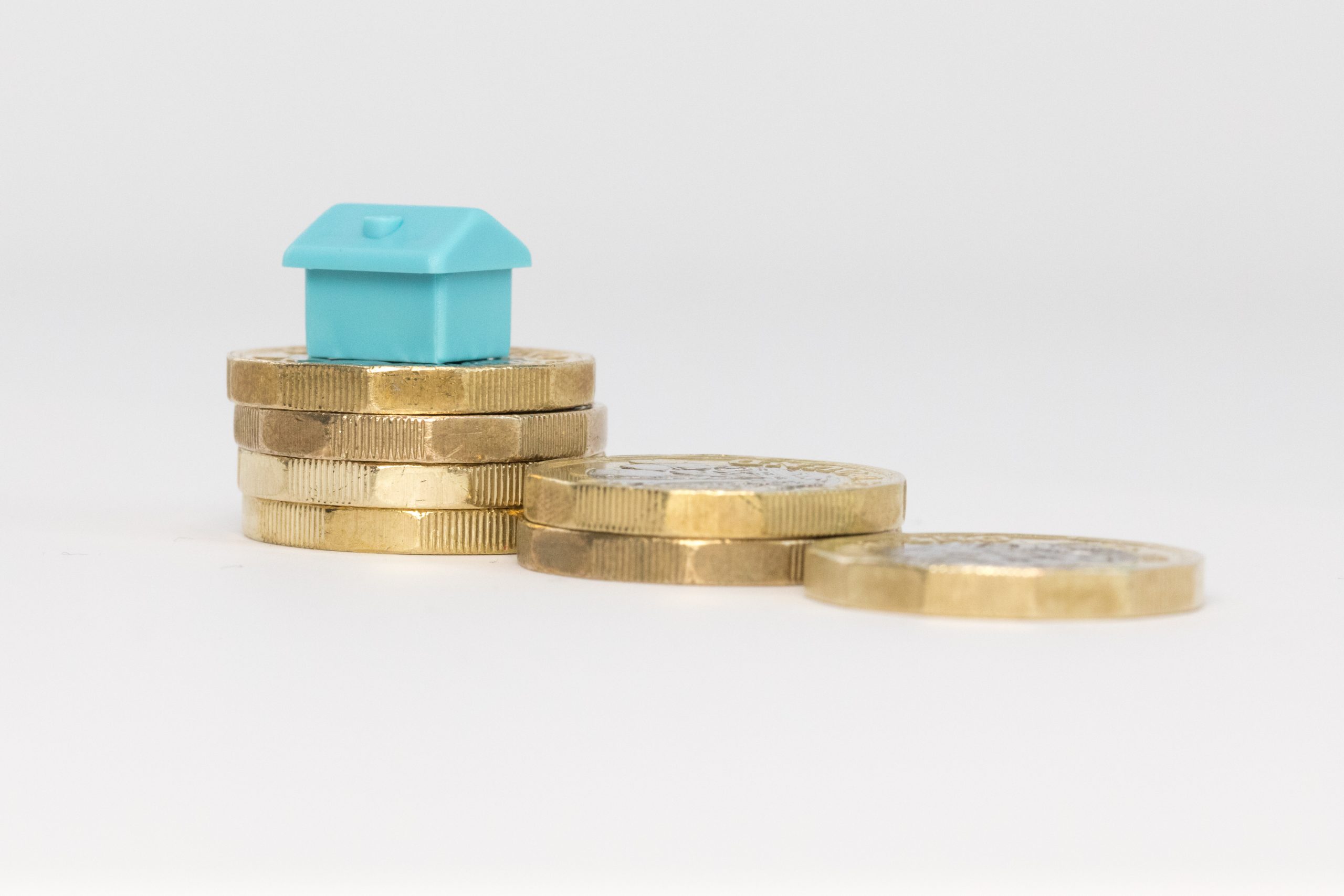Blog
BLOG: Why paying a mortgage early redemption charge can sometimes save you money

The world of mortgages can often feel quite complex with all the jargon but if there’s one thing that everyone ‘gets’, it’s that paying an early redemption charge (ERC) is never a good thing.
Unfortunately, that’s not true. Paying an ERC can actually save you money – and lots of it. Apologies if you’ve just blown a gasket.
Before I explain why, what exactly is an ERC? It’s basically a financial penalty you pay if you switch out of (or pay off) certain types of mortgage (most commonly fixed rate mortgages but also variable rate tracker and discounted mortgages) before you are meant to.
Note that ERCs tend to taper off through the term of the loan, e.g. the penalty for paying off a five-year fixed rate mortgage in year two would be higher than it would be in year four.
So why do lenders put ERCs into the small print — they seem a bit steep, right? Well, lenders put in place ERCs on certain mortgages because that way they are more likely to get the interest they feel they should for making a specific loan in the first place.
And if someone does pay off the mortgage early, they make up for the interest that has been lost through the penalty payment. Basically, the ERC protects lenders financially.
As to how much ERCs can be, that varies from lender to lender and loan to loan. Most of the time, though, ERCs are between 1% and 5% of the value of the mortgage. So an ERC of 3% on a £250,000 mortgage would be £7,500, which is not a small amount of money.
Scenarios where people may resign themselves to paying an ERC involve could be when, say, the borrowers in question find a new home that they really want and need a bigger new mortgage to get it; or a couple split up and want to sell their home ASAP. In both cases, they decide to take the ERC (begrudgingly) on the chin.
Now, as highlighted above, most people think that paying an ERC is always a bad thing. After all, it can be thousands of pounds. But in some cases paying off a mortgage early can actually save you money.
For example, let’s imagine you are two-and-a-half years into a five-year fixed rate mortgage that you took out at 80% loan-to-value (LTV) — and that during that initial two-and-a-half years not only has your mortgage balance decreased but the value of your home has risen by 10%.
The combination of a lower mortgage balance and increased equity in your home means that you are now eligible for a mortgage below the important 75% LTV threshold, which has a much lower interest rate than the 80% LTV mortgage you are on.
The interest rate is so much more competitive, in fact, that even if you pay off the early redemption penalty of, say, £5,000, switching to the more competitively priced mortgage would save you £8,000 during the final two-and-a-half years of your mortgage term — and leave you £3,000 better off overall.
Let’s also imagine a situation where someone took out a five-year fixed rate when they had a poor credit score and therefore didn’t qualify for a ‘prime’ mortgage rate. But two-and-a-half years in, their credit score has improved dramatically as they have cleared their Amex balance and paid off some car finance.
That improvement in their credit score could make them eligible for a much cheaper ‘prime’ mortgage that would still save them money over the next two-and-a-half years even if they paid the ERC on their existing mortgage.
To date, the problem with all this is that when you take out a mortgage you generally won’t think about it again until a few months before it comes to an end. But these days, that’s no longer an excuse as Dashly has created technology that looks at your ever-changing financial circumstances, such as credit score, mortgage balance and house price, every day.
With all these variables factored in, it then compares your mortgage against all the other mortgages in the market. And if it spots a way for you to save money, even after paying an ERC and all other associated costs, it will alert you to that deal in real time.
The result? Peace of mind that you’re never spending more on your mortgage than you need to — and proof that paying an ERC doesn’t always have to cost you money, but can save you money, too.
Ross Boyd is founder of Dashly.com